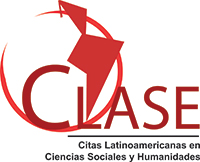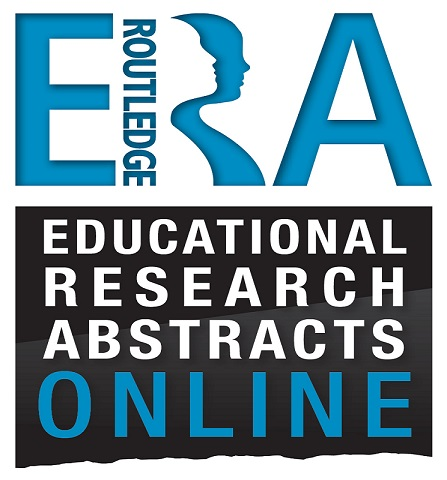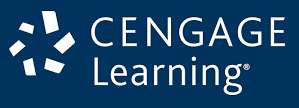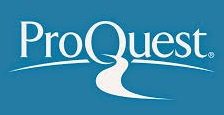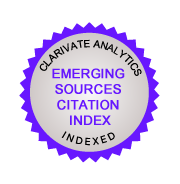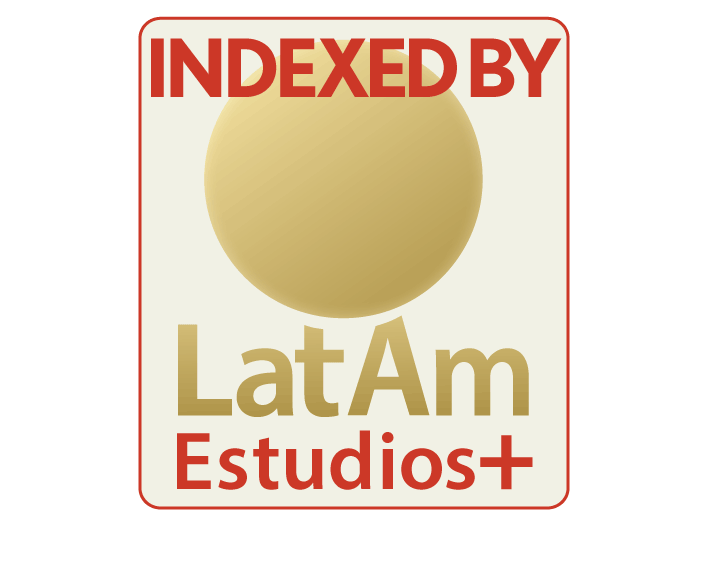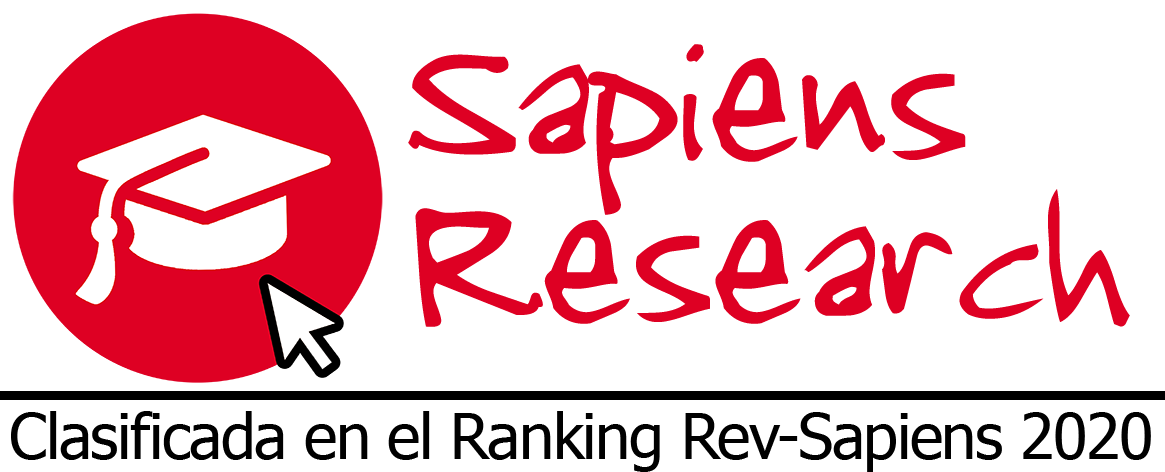Editorial
With this edition we complete ten years of publication.
What has the publication of your article(s) in profile meant to you?1
Publishing is a motivation for one to keep up-to-date, on the one hand, and a personal challenge to be academically active, on the other. Each publication has been an opportunity to have a long-term connection with others to tell them about my concerns in teaching and to let them know that despite "bad publicity", we language teachers (at public schools) are doing much more than repeating lessons prepared by others. We are thinking about contextualised proposals as well as also reflecting about the consequences of our everyday interaction with pupils; we do care about the impact of education policies in the development of school life, thus, we are in a permanent struggle between our dreams and our realities (Myriam, inservice teacher, Colombia).
It was an enriching experience that has provided me with more confidence when facing academic writing (Javier, pre-service teacher, Colombia).
Some other teacher researchers have read the article as a point of reference to conduct their pieces of research (Yakelin, pre-service teacher, Colombia).
Sharing my findings with other colleagues, disseminating knowledge all over the world, and promoting discussion with colleagues to improve teaching/learning practices for pre-service and in-service teachers (Sumru, teacher-educator, Turkey).
Giving voice to Latin Americans. Now we're able to express our beliefs, thoughts and opinions. We can do it at a level that reaches the highest standards of a serious academic discourse. We can become a strong discourse community, not just in terms of discourse, but research findings as well (Cecilio, teacher-educator, Mexico).
It is important for university professors, pre-service teachers, and school teachers in Colombia to share their research, contribute towards local knowledge, learn from each other, and value our work. Also, I am sure that professionals in other countries appreciate these contributions of ours, as I do theirs. I also believe that I have learned how to become a better writer and publisher (Maria, teacher-educator, Colombia).
I am very pleased to present this edition, on a very special occasion: in October, 2010, we reach ten years of publication. Fourteen versions are completed with this edition of our journal which started as an annual publication. Then, in 2008, it was decided to publish it twice a year (in April and October). Along a ten-year journey we have travelled to empower teacher researchers as writers, we have continuously learned what publishing a professional journal entails and what it means to authors, to the editorial team and to some of our readers. The difficulties and strategies used to overcome them have also been important lessons to carry on making teacher researchers' voices public through publishing. Likewise, testimonies like the ones presented above make us more conscious of the challenges ahead.
Since 1995, I have written and coordinated teacher development programmes for teachers of English at the primary and secondary levels. The programmes, held at Universidad Nacional de Colombia in Bogotá, integrate three modules or components: language development, methodological updating and action research. This last component also embraces innovation as a means to change or understand teaching contexts, to work collaboratively in the development of projects with the ultimate goal of providing better opportunities for learning.
Those programmes promote the systematization and sharing of teachers' works. In those enterprises, teacher educators in charge of the language and research modules have played a paramount role as we set out to promote team-work to develop classroom projects as well as to guide teachers in language use and report writing. As can be seen, we have favoured collaborative action research with the purpose of evaluating our practice jointly, recording and making our work public and understandable by other teachers; and thus contributing to professional knowledge in the areas of elt and teacher education.
The conviction that wider dissemination of teacher research was needed planted the seed to first bring out in 2000 the profile Journal, Issues in Teachers' Professional Development in which school teachers could publish articles referring to their innovations, reflections and action research experiences. It was also conceived as a forum for papers written by teacher educators. The name profile was suggested by Professor Anita Rodríguez, to accompany the name of the new publication. Later on, profile was adopted to denote what the research group that leads its publication means: In Spanish, the acronym stands for PROFesores de inglés como Lengua Extranjera (teachers of English as a foreign language).
The increasing interest in our publication of the English language teaching community made the journal open its doors to teachers from different levels and countries and to change its frequency from annual to biannual. Though we have maintained our interest in disseminating action research, we have also welcomed different research perspectives. Gradually, we have gladly gotten a wider number of contributors, gained readership, the recognition of different indexation agencies and the inclusion in various databases. The latest recognition we have been granted comes from Redalyc, Red de Revistas Científicas de América Latina y el Caribe, which has included our journal in its scientific information system.
Along this decade and besides the institutional backing of the Universidad Nacional de Colombia, I have had the support of different people, namely, our contributors, reviewers and editorial team. I wish to express my gratitude to the advisory and editorial committees as well as to my working team for their enthusiasm and partnership. Once more, I should acknowledge their fundamental role to maintain our journal and to move forward in search of higher quality standards. This, in turn, has helped us consolidate the PROFILE's mission and vision, as well as the sections that characterize it nowadays.
We have gathered eight papers in the Issues from Teacher Researchers' section. First we can read the account written by Claudia Quiroga, who conducted with other teachers an action research project in a public school in Bogotá, Colombia. She reports that, based on the analysis of high school students' needs as well as on the interest of the school, the group of teachers participating in the collaborative endeavour monitored what happened when students took part in the development of a series of lessons around academic texts and which made provision for students to use a series of reading strategies.
The discussion of ELT (English Language Teaching) policies in Colombia continues being an issue of interest and debate. The portrayal of EFL (English as a Foreign Language) teachers in official discourse and the perpetuation of disdain is the focus of the second article. This is done through the interpretation of the images of Colombian English teachers as evidenced in official discourse, especially in the official document that establishes the state standards for primary and secondary students. Following a critical discourse analysis, the study found three main aspects: teachers are invisible; teachers are like clerks; and teachers are like technicians/marketers. I am sure this paper by Carmen Helena Guerrero will contribute to the construction of knowledge about what is happening in countries like Colombia, where there is an urgent need to strengthen the level of English in primary and secondary schools.
Besides the article that opens this edition, we will find several articles dealing with the topic of reading and which deal with studies carried out in different contexts and educational levels. In the third article of this issue, we can get acquainted with a study focused on Iranian EFL and Indian ESL (English as a Second Language) college students' beliefs about reading strategies in L2 (second language). Alireza Karbalaei tells us about a study of investigating differences between EFL and ESL readers in reading awareness of metacognitive strategies used when they are reading in English. As the author states, the findings can contribute to examining the need to develop programmes so that students in both contexts are guided in the use of reading strategies.
The next paper by Jorge Hugo Muñoz Marín and Adriana González Moncada presents preliminary findings of an investigation aimed at exploring the roles that a teacher plays in an EFL reading comprehension distance web-based course and pinpoints implications for teacher preparation and readiness to face this new challenge. The analysis of the roles observed so far in the Colombian context chosen for the study makes us think about the new roles teachers are confronted with when engaged in distance web-based teaching courses. Particular emphasis is placed on the need to document teachers' participation in these environments.
Subsequently, we can read the findings of a study led by Edgar Alirio Insuasty and Lilian Cecilia Zambrano Castillo, who explored reflective teaching through journal writing and blog group discussion in the teaching practicum of a public university in Colombia. The use of data through those tools together with conferences and a questionnaire allowed the researchers to uncover student teachers' perceptions about evaluating teaching, diagnosing and solving problems. They could identify what reflective teaching implied for the participating prospective teachers.
The following paper, written by Fatemeh Khonamri, Mahin Salimidraws on an investigation based on an EFL context of Iran. The purpose was to look at the impact of a teacher development programme regarding the use of reading strategies in high school teachers' practices. The procedures employed in the research process -observation and audio-recording of reading lessons both before and after the teachers took part in workshops on reading strategies for in-service teachers- led to examination of changes in teachers' reading practices.
In the last paper of the first section, we can read the report of an action research project developed in Colombia and which provides us a look at the experiences that students in a tenth-grade EFL class had with redesigning a grammar unit into a topic-based unit. While promoting and documenting the use of given strategies with three dimensions of significant learning, Luz María Becerra and Maria McNulty could examine students' perceptions about learning with and about others, learning about themselves, integrating language and topics to their lives, and recycling and applying topics to other formats.
The second section, Issues from Novice Teacher Researchers, contains the paper written by Ruth Elena Cuasialpud Canchala, who did an exploratory study as part of the fulfilment to opt for the B. A. degree in languages. She reports a study carried out with two indigenous students in a public university with the purpose of identifying and understanding students' attitudes towards learning English through a virtual program. The main findings regarding students' feelings, motivation and reasons for these as well as the implications for teaching or tutoring indigenous students are derived from data collected through interviews, observations and questionnaires. I hope this paper, together with the ones published in previous issues, contribute to the revision or definition of language policies and teaching practices for indigenous groups who are compelled to demonstrate proficiency in English in higher education.
Three papers written by Colombian teachers were selected for the Issues Based on Reflections and Innovations section. Screenwriting is the topic addressed by Hernán Amado. The author shares with us what was observed when he used screenwriting as a strategy for the improvement of writing skills in adult students. We can learn how he introduced and reinforced the importance of screenwriting, its usefulness and the theoretical backbones that helped them achieve given goals.
We continue with an article on task-based language learning written by Mónica Rodríguez-Bonces and Jeisson Rodríguez-Bonces, who based the article on their experiences in higher education. The authors provide an overview of Task-Based Language Learning (TBL) and practical considerations about its use in the teaching and learning of foreign languages. They also present a theoretical framework of TBL, illustrate its tenets with a lesson plan and establish some implications for the implementation of this approach.
Finally, we have the article by Margarita Rosa Vargas Torres, who reflects upon the issue of socio-cultural representations in mass media in language teaching and the need to adopt a critical perspective towards those images. She argues that in order to exercise citizenship with responsibility, language teachers need to popularize a discourse for criticism in which students and teachers transcend tacit knowledge and common sense and focus on meta-cognition and argumentation as a means to access knowledge in the different disciplines, and hence, interact critically.
I hope you enjoy reading this second issue of PROFILE 2010 and feel motivated to send your suggestions or contributions for future issues. Your help in spreading the word about this publication is also appreciated.
1 This question was part of a survey sent to authors who have published in profile, with the purpose of gathering information about experiences we have lived through the Journal along a decade and in relation to our idea of disseminating research findings and innovations by teachers of English. Preliminary findings were presented at the conference referenced below:
Cárdenas, M. L. (2010, May). The Role of the PROFILE Journal in Empowering English Teachers as Writers: Challenges along the Journey. In M. E. Macías (Chair), Encuentro Internacional de Editores de Revistas de Ciencias Sociales y Humanísticas, intereditores 2010. Camagüey: Universidad de Ciencias Médicas de Camagüey, Cuba.
Melba Libia Cárdenas Beltrán
Journal Editor
How to Cite
APA
ACM
ACS
ABNT
Chicago
Harvard
IEEE
MLA
Turabian
Vancouver
Download Citation
Article abstract page views
Downloads
License

This work is licensed under a Creative Commons Attribution-NonCommercial-NoDerivatives 4.0 International License.
You are authorized to copy and redistribute the material in any medium or format as long as you give appropriate credit to the authors of the articles and to Profile: Issues in Teachers' Professional Development as original source of publication. The use of the material for commercial purposes is not allowed. If you remix, transform, or build upon the material, you may not distribute the modified material.
Authors retain the intellectual property of their manuscripts with the following restriction: first publication is granted to Profile: Issues in Teachers' Professional Development.




